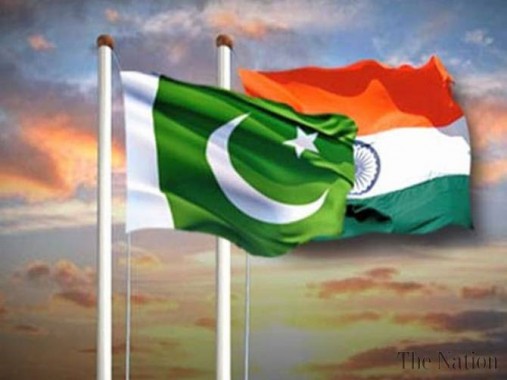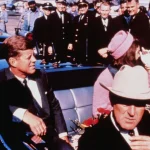
WASHINGTON – Pakistan and India have revived ‘back channel’ diplomacy to deal with issues, including terrorism, following last month’s meeting between prime ministers of the two countries, Pakistani Ambassador to the United States Jalil Abbas Jilani said Tuesday.
Speaking at an event organised by a leading American think-tank, Jilani said there was a growing realisation in Pakistan on the need to improve ties with India, especially in trade and economic field. Following the meeting Prime Minister Muhammad Nawaz Sharif had with his Indian counterpart Narendra Modi in New Delhi on May 26, Jilani said ‘back channel’ talks have been revived to address issues, including terrorism, to improve relations. “There have been proposals to develop a serious mechanism on terrorism,” he said, adding that Pakistan has proposed that this should be at the level of National Security Advisor (NSA) so that the two countries are able to take note of all the developments related to terrorism.
Without divulging details on the back channel talks, Jilani, however, said that NSA-level collaboration was proposed first by Sharif when he met former Indian prime minister Manmohan Singh in New York last September. “The impression that we had it was taken positively by the Indian side. It still remains on the table. When the dialogue process starts we will revisit the same proposal,” Jilani, who was the foreign secretary at that time, said in response to a question at the event organised by the Washington-based think-tank Carnegie Endowment for International Peace.
Responding to a question on Pakistan granting most-favoured nation status to India, he said there is a consensus in Pakistan to grant this status to India. “It is a matter of any day. There are no issues at all in granting India MFN status. We should be extending it anytime in the near future,” Jilani said. Addressing the gathering, he said Pakistan desires to pursue an uninterrupted peace process with India that addresses causes of outstanding disputes and “not just symptoms” for achievement of durable peace in South Asia.
He described such a scenario where the two South Asian neighbours pursue an approach to resolve disputes and work on areas of convergences as the “most desirable.”
He said the foreign secretaries of both countries would meet shortly to resume stalled peace process between the two nuclear powers and expressed confidence that Prime Minister Nawaz Sharif’s proposal of the Pakistani and Indian national security advisors establishing a mechanism for constant contact would be taken up positively.
With obviously Kashmir in mind, Jilani emphasized that “settlement of disputes in accordance with international legality will establish permanent peace” in the region.
PAK MISSION CLAIMS THREAT FROM RIGHT WING
The Pakistan high commission Tuesday asked the Indian government to step up security of its diplomats and mission in the Capital, citing threat from right-wing Hindu organizations, reported Hindustan Times.
The government assured all necessary measures after Pakistan’s deputy high commissioner Mansoor Ahmed Khan met external affairs ministry officials and said they feared violence at the hands of groups such as the ‘Hanuman Sena’.
“We take all necessary steps to ensure the safety and security of diplomats from all countries posted here,” Indian external affairs ministry spokesperson Syed Akbaruddin told HT when asked about Pakistan’s concerns.
This is the second time in recent days that the Pakistan high commission has raised the issue.
In the meeting, Indian officials pointed to Khan the recent elaborate security audit of the Pakistan mission when experts from both Delhi and Islamabad reviewed the security detail of the embassy complex as well the staff.
Pakistan side talked about heightened concern for the safety and security of its staff in face of “increased” threat from various groups.








